

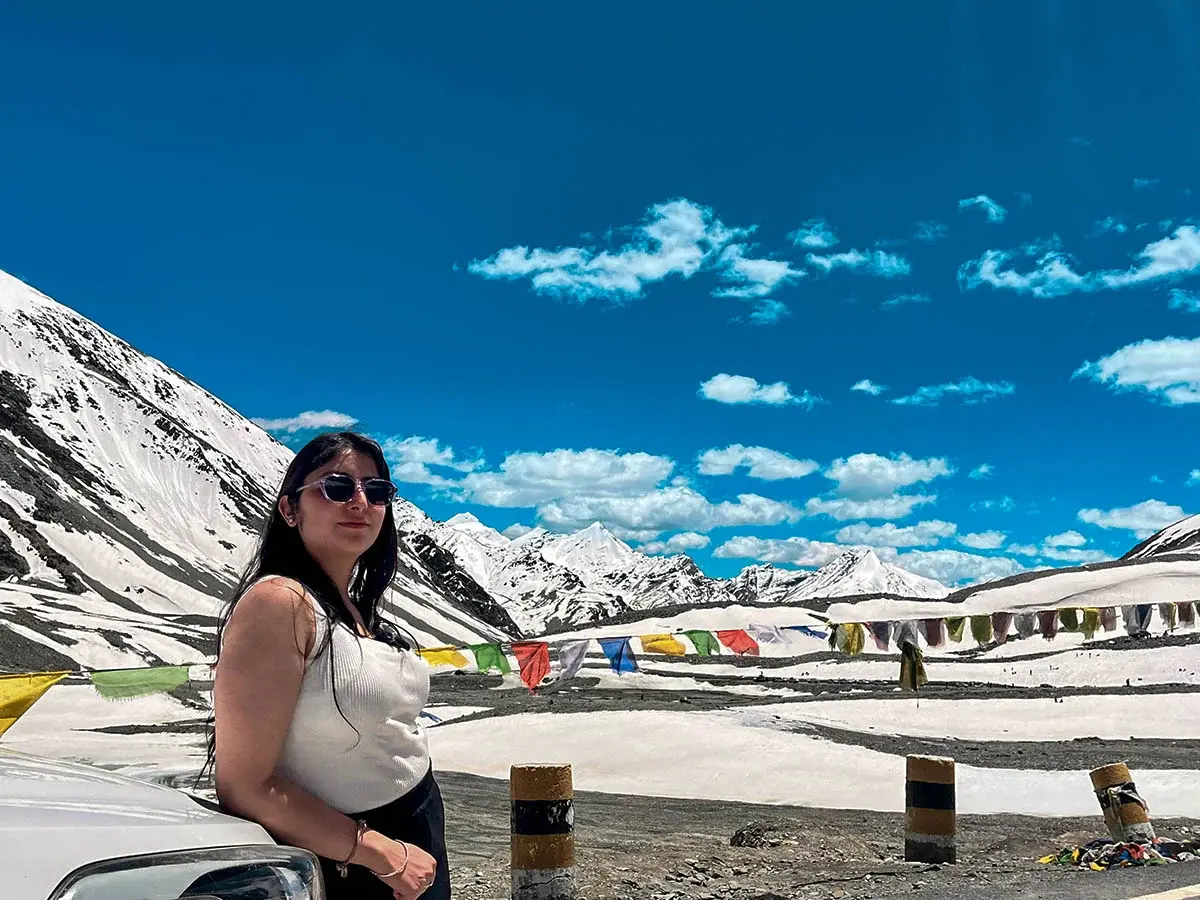
Shinku La Pass, also known as Shingo La, stands at an elevation of 16,700 ft and historically served as a trading and foot route between the remote regions of Zanskar (Ladakh) and Lahaul (Himachal). The name "Shinku" translates to "red" in the local dialect, referring to the soil and rocky hues in the region.
Earlier, this route was purely accessible on foot, most ...

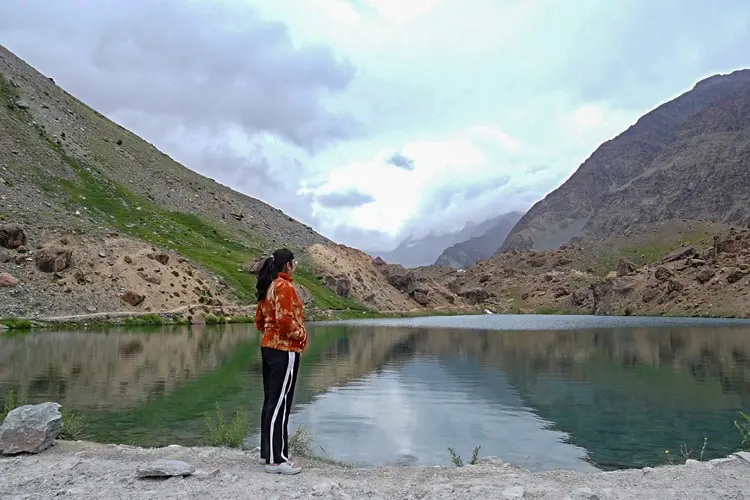
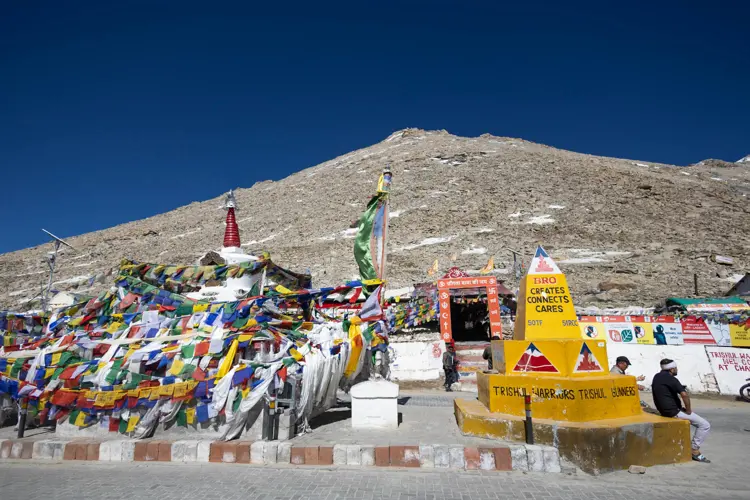
 1.jpg)
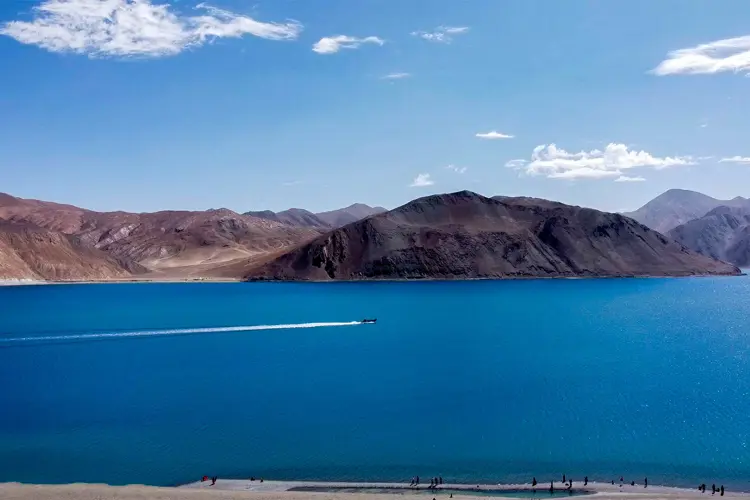
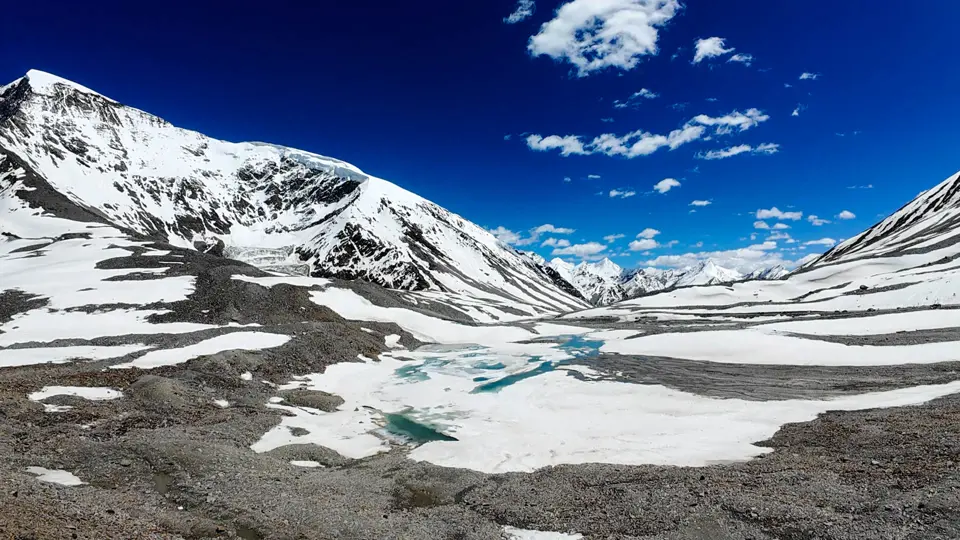
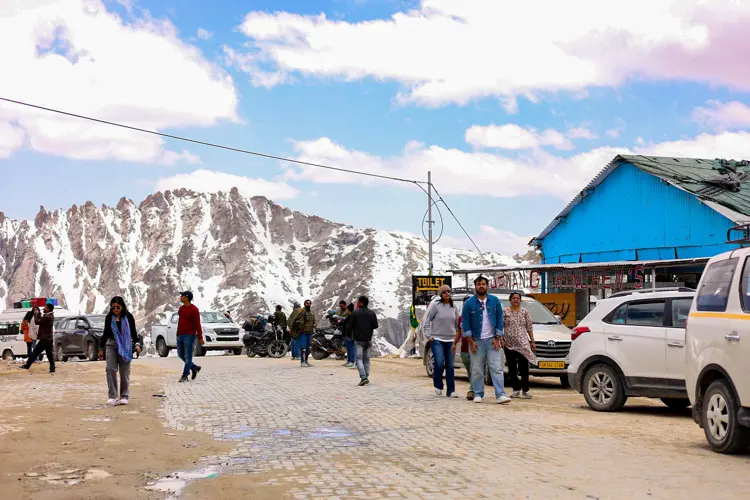
 4.jpg)

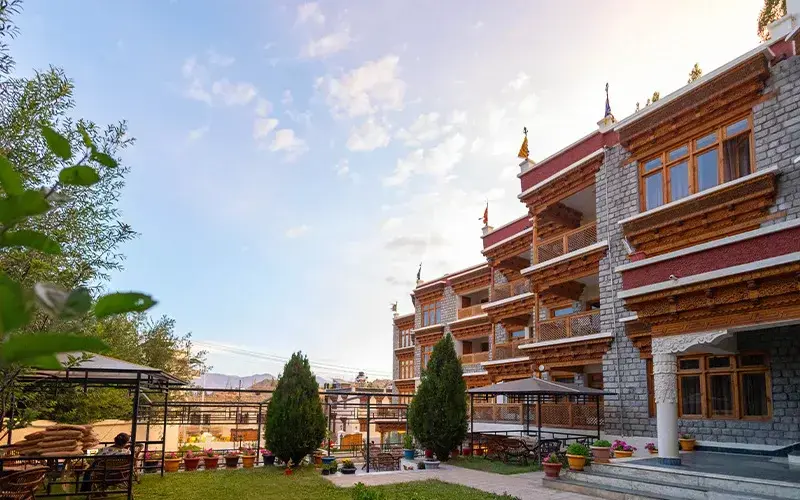
Hotels In Leh Ladakh
Experience peaceful stays amid mountains, lakes, and clear skies.
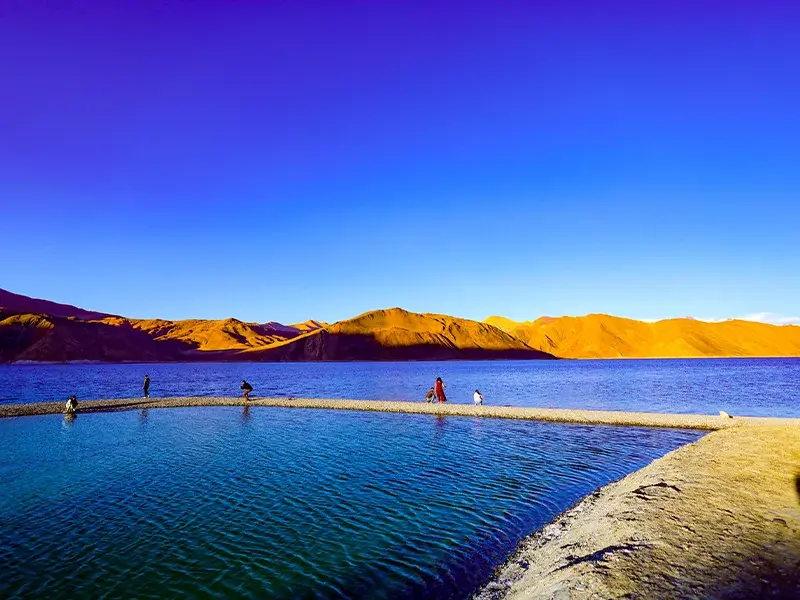
Packages Of Leh Ladakh
Experience Ladakh’s mountains, lakes and culture with our curated packages.
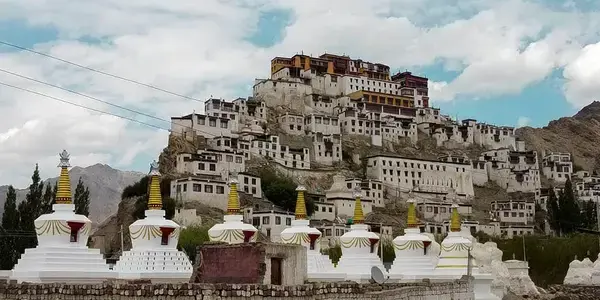
Places To Visit In Leh Ladakh
Best Places to Visit in Leh Ladakh for an Unforgettable Trip
.webp)
Blogs Leh Ladakh
High-altitude adventures and serene Tibetan-style landscapes
.webp)
Images Of Leh Ladakh
Explore Ladakh’s raw beauty through real and scenic images.
Hotels In Leh Ladakh
Packages Of Leh Ladakh
Places To Visit In Leh Ladakh
Blogs Leh Ladakh
Images Of Leh Ladakh
Thermals & Windproof Jackets
The air is dry and thin, with sudden winds. Thermal layers with a waterproof outer shell are essential.
Woolen Caps & Gloves
Fingers and ears go numb quickly at this altitude. Use insulated gloves and woolen caps to stay warm.
2-3 Days in Keylong or Leh
Acclimatization is necessary. Avoid Shinku La if you've just arrived in the mountains.
Carry AMS & Emergency Kit
Diamox, glucose, ORS, painkillers, and a satellite phone (if trekking) are highly advised.
Darcha to Padum Trek
One of the most scenic treks of Ladakh–cross glacial rivers, high passes, and nomadic camps.
Bike Across Remote Silence
Very few bikers take this route. If you do, you’ll earn both the badge and the bliss.
Photography & Drone Shots
Clean blue skies, jagged peaks, and complete stillness make it perfect for aerial or DSLR landscape photography.
Stock Up in Jispa or Darcha
Carry packed meals or Maggi cups. Nearest food stall is over 80 km away—plan smart.
Dry Fruits & Energy Bars
Handy, lightweight, and packed with calories—ideal for both trekkers and bikers crossing this isolated pass.
July to mid-September is ideal for snow-free travel.
Shinku La Pass, also known as Shingo La, stands at an elevation of 16,700 ft and historically served as a trading and foot route between the remote regions of Zanskar (Ladakh) and Lahaul (Himachal). The name "Shinku" translates to "red" in the local dialect, referring to the soil and rocky hues in the region.
Earlier, this route was purely accessible on foot, mostly by herders, monks, and travelers moving between monasteries and valleys. The pass held spiritual and logistical significance, especially before modern roads were constructed.
In recent years, BRO (Border Roads Organisation) has improved access, and the pass has gained attention from trekkers and bikers seeking to skip the mainstream Manali-Leh route. Though less popular than Baralacha La or Rohtang, Shinku La offers a purer form of Himalayan passage—a road barely tamed, cutting through absolute silence, snow walls, and glacial ridges.
Today, it’s not just a route, but an experience—one where nature dictates the rhythm, and each curve brings you closer to Ladakh’s heart. Locals still use the trail during festivals, and spiritual treks still pass through its high ridge.
Connects Zanskar to Lahaul
Shinku La bridges two culturally and geographically distinct valleys—making it a key transit pass for locals and trekkers.
Known as Shingo La
Shinku La is locally known as Shingo La and appears in ancient travel manuscripts and monastery archives from the Zanskar region.
Trekkers’ Dream
A popular route for Himalayan trekkers. The Darcha–Padum trail via Shinku La is a challenging yet stunning multi-day adventure.
No Human Settlement Nearby
The route is completely barren. Nearest tea stalls or help are several kilometers away, so full self-sufficiency is required.
BRO Road Under Progress
Efforts are being made to build a permanent vehicle road, which might connect Lahaul and Zanskar throughout the year in the future.
The Lost Monk of Shinku La
In the early 2000s, a monk from Zanskar was returning from Lahaul when a sudden snowstorm stranded him at Shinku La. He meditated inside a natural cave for three days, surviving only on tsampa (barley flour) and butter tea he carried. A group of trekkers found him on the third day. When asked later, he said, “The mountain was testing my calm.” The story is now shared as a spiritual example during teachings at monasteries in Sani and Karsha.
The Snow Rider’s First Time
A biker group from Pune in 2019 took Shinku La without knowing how rough the terrain was. One of them fell and injured his ankle. With no signal or help nearby, the group set up camp. Miraculously, a Zanskari shepherd passing with goats helped stabilize the injury. They gifted him their last packet of chocolates. The rider later posted, “Shinku La broke me and rebuilt me. And I’d ride it again.”
The Himalayan Mountains are a majestic mountain range in South Asia, spanning five countries. They boast the world's highest peaks, including Mount Everest. These young, growing mountains feature rugged, snow-capped peaks, deep valleys, and glaciers. The Himalayas influence regional climate, harbor unique biodiversity, and hold cultural and spiritual significance. They attract adventurers, nature lovers, and spiritual seekers from around the world.